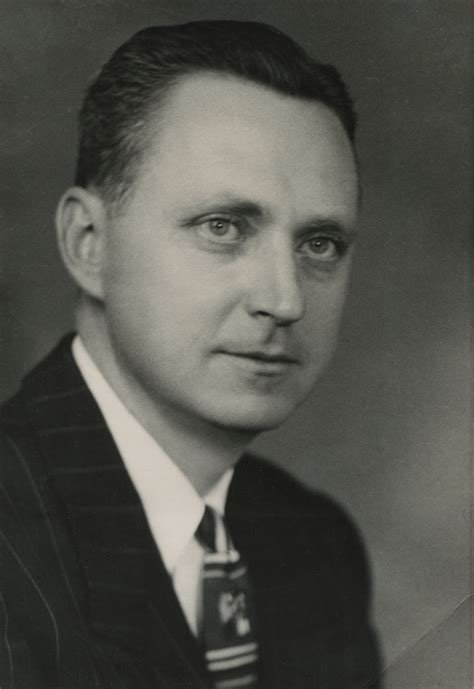A Quote by Anthony Storr
Avoidance behavior is a response designed to protect the infant from behavioral disorganization. If we transfer this concept to adult life, we can see that an avoidant infant might very well develop into a person whose principal need was to find some kind of meaning and order in life which was not entirely, or even chiefly, dependent upon interpersonal relationships
Quote Topics
Adult
Adult Life
Avoidance
Behavior
Behavioral
Chiefly
Concept
Dependent
Designed
Develop
Disorganization
Entirely
Even
Find
Infant
Interpersonal
Interpersonal Relationship
Kind
Life
Meaning
Might
Need
Order
Person
Personal Relationships
Principal
Protect
Relationships
Response
See
Some
Transfer
Very
Well
Which
Whose
Related Quotes
When the death of a disabled infant will lead to the birth of another infant with better prospects of a happy life, the total amount of happiness will be greater if the disabled infant is killed. The loss of happy life for the first infant is outweighed by the gain of happier life for the second. Therefore, if killing the hemophiliac infant has no adverse effect on others, it would, according to the total view, be right to kill him.
It could be that at some earlier time, somewhere in the universe, a civilization evolved by probably some kind of Darwinian means to a very, very high level of technology- and designed a form of life that they seeded onto perhaps this planet. And I suppose it's possible that you might find evidence for that if you look at the details of biochemistry, molecular biology, you might find a signature of some sort of designer.
You cannot just depend on the market, because the market will say: China needs oil; China needs coal; China needs whatever, and Africa has got all these things in abundance. And we go there and get them, and the more we develop the Chinese economy, the larger the manufacturing is, the more we need global markets - sell it to the Africans which indeed might very well destroy whatever infant industries are trying to develop on the continent. That is what the market would do.
Can I see another's woe, And not be in sorrow too? Can I see another's grief, And not seek for kind relief? Can I see a falling tear, And not feel my sorrow's share? Can a father see his child Weep, nor be with sorrow filled? Can a mother sit and hear An infant groan, an infant fear? No, no! never can it be! Never, never can it be!
The offence is what is improperly called the death of an infant, who has ceased to be, before knowing what existence is, a result of a nature not to give the slightest inquietude to the most timid imagination; and which can cause no regrets but to the very person who, through a sentiment of shame and pity, has refused to prolong a life begun under the auspices of misery.
If the situation was such that there was only one learned lama or genuine practitioner alive, a person whose death would cause the whole of Tibet to lose all hope of keeping its Buddhist way of life, then it is conceivable that in order to protect that one person it might be justified for one or 10 enemies to be eliminated if there was no other way.
Mr Thornton would rather have heard that she was suffering the natural sorrow. In the first place, there was selfishness enough in him to have taken pleasure in the idea that his great love might come in to comfort and console her; much the same kind of strange passionate pleasure which comes stinging through a mother's heart, when her drooping infant nestles close to her, and is dependent upon her for everything.



































